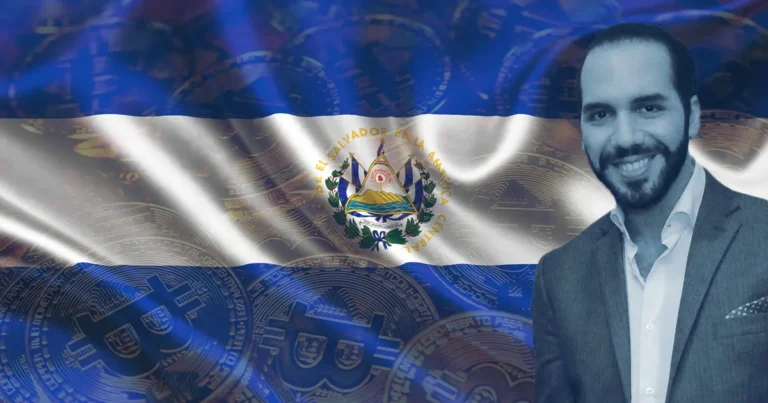16-6-2025 – El Salvador, the pioneering nation that first embraced Bitcoin as legal tender, has steadfastly continued its daily cryptocurrency acquisitions, undeterred by a $1.4 billion loan agreement with the International Monetary Fund (IMF) in December 2024.
The deal, intended to curb the government’s accumulation of Bitcoin and revoke its status as legal currency, has not halted the country’s strategy, initiated by President Nayib Bukele in 2022, to purchase one Bitcoin daily. According to El Salvador’s Bitcoin Office, the national treasury wallet now holds 6,209 BTC, valued at $106,601 per coin, with 240 BTC added since the IMF agreement was announced on December 19, 2024.
Despite the apparent breach of the IMF’s terms, Rodrigo Valdes, director of the IMF’s Western Hemisphere Department, stated during an April 26 briefing that El Salvador remains “technically compliant” with the non-accumulation clause, suggesting a nuanced interpretation of the agreement. IMF’s “flexible” stance likely permits purchases through non-public sector entities or reclassified assets.
This approach, enables El Salvador to maintain its Bitcoin-friendly reputation while securing vital IMF funding, striking a delicate balance between innovation and compliance. Meanwhile, the nation’s cryptocurrency landscape reveals a contrasting trend. Data from the Central Reserve Bank, reported by local outlet Diario, indicates a sharp 44.5% decline in cryptocurrency remittances in the first quarter of 2025 compared to the same period in 2024.
Crypto transfers to Salvadoran wallets plummeted to $16 million, constituting just 0.52% of total remittances—a significant drop from $28.3 million, or 1.08% of remittances, in early 2024. This downturn highlights challenges in sustaining crypto adoption for everyday transactions, even as El Salvador’s government doubles down on its Bitcoin investment strategy, navigating a complex interplay of global finance and digital ambition.


